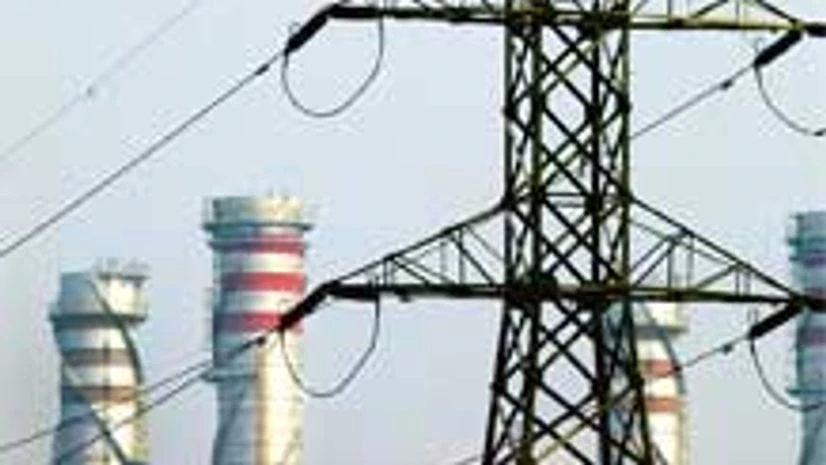The Maharashtra State Electricity Distribution Company (MahaVitaran) has strongly argued that the Central Electricity Regulatory Authority’s (CERC) order on a compensatory rate for Mundra ultra mega power project (UMPP) was arbitrary, unreasonable and against the scheme of the Electricity Act, 2003.
MahaVitaran has a power purchase agreement with the Tata Power arm, Coastal Gujarat Power Ltd (CGPL), for 760 Mw. In its petition to the Appellate Tribunal for Electricity (ATE), it has asked for modification or setting aside the CERC order, issued in February.
MahaVitaran says it will have to bear an annual burden of Rs 300 crore from CERC’s order.
More From This Section
CERC asked power procuring utilities, including MahaVitaran, to pay an extra compensation of Rs 329 crore for the period from April 1, 2012, to March 31, 2013, to CGPL. Besides, the distribution utilities were asked to pay a compensatory extra rate of Rs 0.524 a unit from beyond April 1, 2013. Apart from Maharashtra, other states attached are Gujarat (1,805 Mw), Punjab (475 Mw) and Haryana (380 Mw). Business Standard had reported on March 20 about MahaVitaran’s move to approach ATE.
Referring to CERC’s direction to CGPL to contribute one per cent of the return on equity (ROE) based on equity investment, MahaVitaran said the percentage of sharing of ROE needs to be increased, as equivalent sacrifice by the developer needs to be considered. The highest possible ROE should be passed to the procurers.
“This is necessary as during hard times, when procurers are supporting CGPL, eventually, it is necessary that when the latter makes profit, the efforts of procurers may be recognised and the profits shared,” MahaVitaran added.
Further, MahaVitaran insisted the burden of compensatory rates be shared by all stakeholders, including lenders. According to MahaVitaran, lenders should explore all options, including reduction of interest rates, moratorium on principal payment and elongation of loan repayment tenor to reduce the burden of compensatory rates on the procurers. Domestic lenders could, with CERC’s support, approach Reserve Bank of India for forbearance from the ambit of restructuring guidelines, for reduction of interest rate and elongation of loan tenor for the Mundra UMPP.
Additionally, MahaVitaran says CERC should have decided the ceiling rate or the methodology to fix the cap on compensation rates. Such issues cannot be subject to mutual discussion.
On the recovery of past losses of Rs 329 crore for 2012-13 by CGPL, it said the year’s financial accounts had already been audited and finalised. It would be difficult for recovery from consumers for previous periods.
“Matters which have attained finality having rate implications cannot be left to individual negotiations and should have been decided by the regulator with certainty. If the generator is allowed to recover past losses, then a prudence check is required to be carried out to identify such carpet coal cost which needs to be adjusted against the past losses,” MahaVitaran said.
MahaViataran has appealed to the ATE to direct the state electricity regulatory commission to allow it to recover additional compensatory charges from consumers as a direct passthrough.

)
